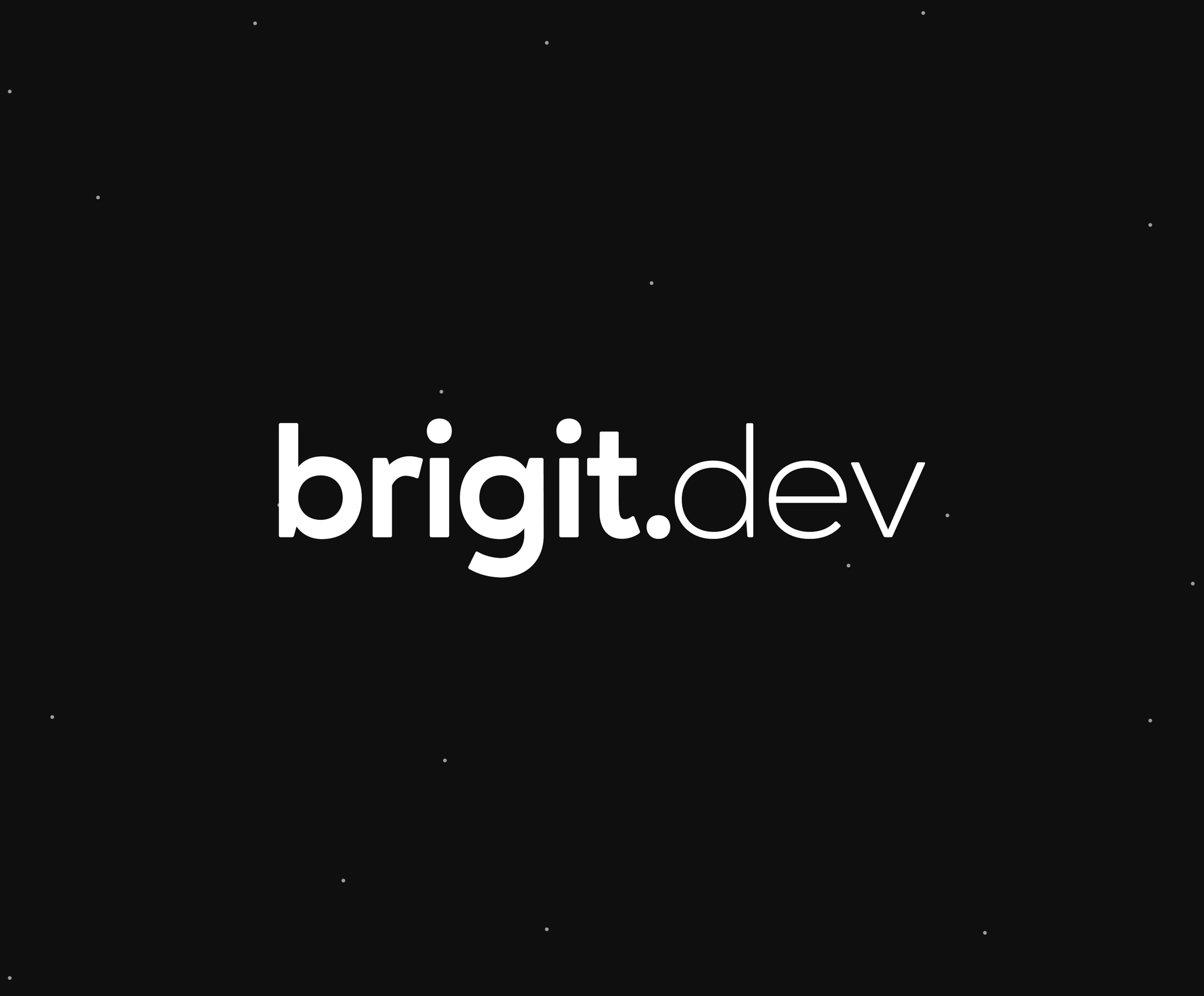 Srdjan Ristanovic
Srdjan RistanovicAll in one first-time founders guide

It doesn’t matter if you are a startup founder, a first-time founder, or a non-tech founder, these tips apply to all who are just starting their business journey and want to ensure their startup’s success.
If you want to build a product-market fit that sells, the two most important things you must understand are that:
-
everyone has an idea and yours is not special and
-
how fast you act on it is what matters.
If you accept this, everything else will fall into place much easier and you will lose less and earn more.
This article will give you three key lessons to start your entrepreneurial journey the right way. We’ll also provide all the additional important resources you need to succeed.
Lesson #1: Hard pills first-time founders must swallow from the start to grow
From day 1 understand that there are things you want and things your business needs and demands.
They are not the same!
The sooner you accept it the less damage it will cause.
So..
You need:
-
not just an idea but a real demand for your specific solution
-
an achievable goal
-
a community behind the product (or potential to build one)
-
a clear intention
-
realistic expectations
You don’t need:
-
an in-house team of 50 people
-
perfect market conditions to launch
-
a perfect product
-
support from everyone you’ve ever met
-
everyone’s advice
For your business…
You should:
-
hire a good development partner
-
create a strategy
-
pivot if necessary
-
only listen to users
-
be clear on who your target market is
-
learn and invest in marketing and sales
-
think long-term, act short-term
-
trust your gut with people and opportunities
-
refine your business model
-
manage cash flow effectively
-
outline realistic financial projections
You shouldn’t:
-
find the cheapest development option
-
develop a complex MVP
-
not test the idea first
-
think you know it all
-
do what everyone else is doing thinking you will get better results
Once you are clear on what is actually necessary and what isn’t it will be easier to move forward.
Lesson #2: Hiring basics and the truth about people you can't afford to forget
Forming a team that will help you not only deliver your solution but also keep on working to build a brand is crucial. A strong team can help accelerate growth by providing the necessary resources, mentorship, and a structured environment to achieve specific milestones.
As someone who is just starting out you are bound to mess this up a few times.
That’s okay.
But if you want to get things right you should:
-
hire, hire, hire
-
look beyond conventional options
-
be realistic about your resources
-
look for work ethic and autonomy not just enthusiasm
-
invest in your team from day 1
-
act fast when you see that someone is no longer a fit
-
be honest about what you want and what you are willing and able to pay
-
respect those who leave you
-
build a trustworthy founding team
-
consider finding a co-founder to share the challenges and responsibilities
This mindset and approach will help you in the long run.
To successfully implement all of this there are a few truths about people that you should remember. If you ignore them they can cost you a lot:
-
you can trust only once
-
if something happens one time it’s a mistake, if it happens again it’s a choice
-
no one cares about you or your project as much as you do
-
people are driven by money and fear
-
people care as long as they get something out of it for themselves
-
you can’t be friends with people you hire
-
assumptions lead to conflict
-
people are unpredictable
Lesson #3: You need a good pitch, not a perfect product
Your initial success is proportional to how strong your pitch is.
If you know how to present your product and sell it, you will thrive.
This is true even if you don’t have a finished product. With an idea and a good pitch, you can for example secure angel investors, secure venture capital, funds, and potential clients and users without a ready product.
This is why you have to practice and perfect it.
You should:
-
be clear and concise
-
be precise
-
keep eye contact
-
highlight the problem you solve
-
showcase your solution
-
point out what makes you different
-
keep it short
-
say it with confidence
You shouldn’t:
-
say too much
-
be arrogant
-
be unprepared for questions
-
make up your pitch on the spot each time
-
rush while you speak
-
ignore feedback
-
forget to follow up
-
approach everyone the same
These sound like common knowledge, but most startup founders we worked with struggled with it a lot.
What next?
After you’ve understood these basics and have a solid foundation you can continue to build your product.
To assist you with that we at brigit.dev conducted research, and interviews with founders like you, and asked development experts to help us create this guide.
Here’s a list with links to resources that answer most of your questions, remove doubts, and solve problems you might have on the road to your startup’s success.